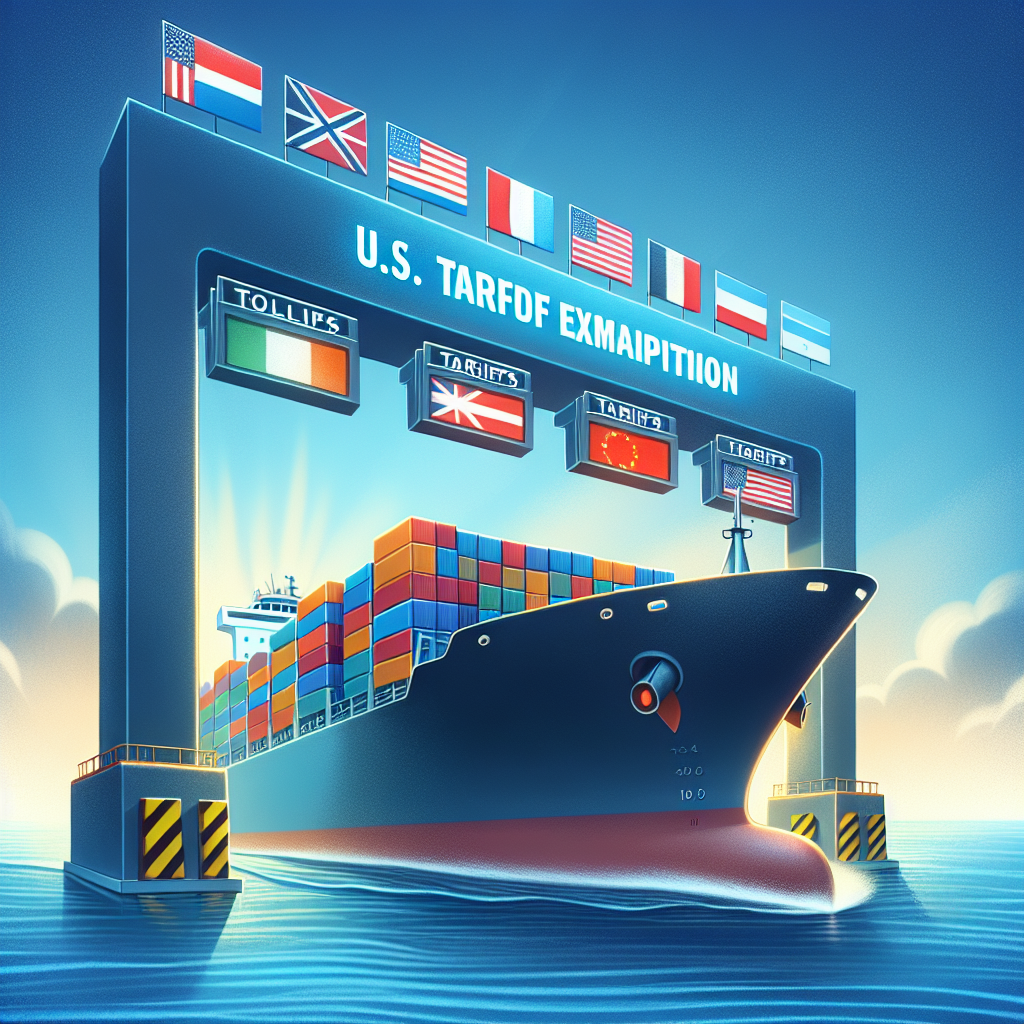Mexico's Tariff Reform: A Balancing Act with Global Implications
Mexican President Claudia Sheinbaum announced a significant overhaul of import tariffs, including a 50% tariff on Chinese autos. Aimed at boosting Mexico's economy, the move targets countries without trade deals and roiled international relations, sparking concern about its impact on Mexico's ties with the U.S.

Mexican President Claudia Sheinbaum has announced a substantial change in the country's import tariff policy, marking a crucial pivot in Mexico's economic strategy. Speaking at a morning conference, she emphasized that the government's intention is not to engage in conflicts with affected nations like China.
The government will implement a sweeping tariff increase, pushing Chinese auto tariffs to as high as 50%. This overhaul affects imports worth approximately $52 billion, targeting nations with which Mexico lacks formal trade agreements. This move triggered speculation that Mexico is making such adjustments to placate its largest trade partner, the United States. Sheinbaum, however, clarified that the measures aim to bolster local production.
In response, Chinese Foreign Ministry spokesperson Lin Jian expressed a desire for bilateral cooperation, opposing barriers set under 'various pretexts'. Despite the tensions, the Mexican administration seeks dialogue to clarify its intentions and underline that the policy aligns with industrial strategies initiated before former U.S. President Trump took office.
(With inputs from agencies.)
ALSO READ
Tamil Nadu's Investment Surge: Transforming Economy with Mega Deals
U.S. Aims for New Trade Deals Despite Global Challenges
Revitalizing Kashmir's Apple Economy: A New Rail Initiative
Circular Economy Boost: From Steel Slag to Silicon Semiconductors
Boosting Bihar: New High-Speed Corridor Set to Transform Region's Economy










